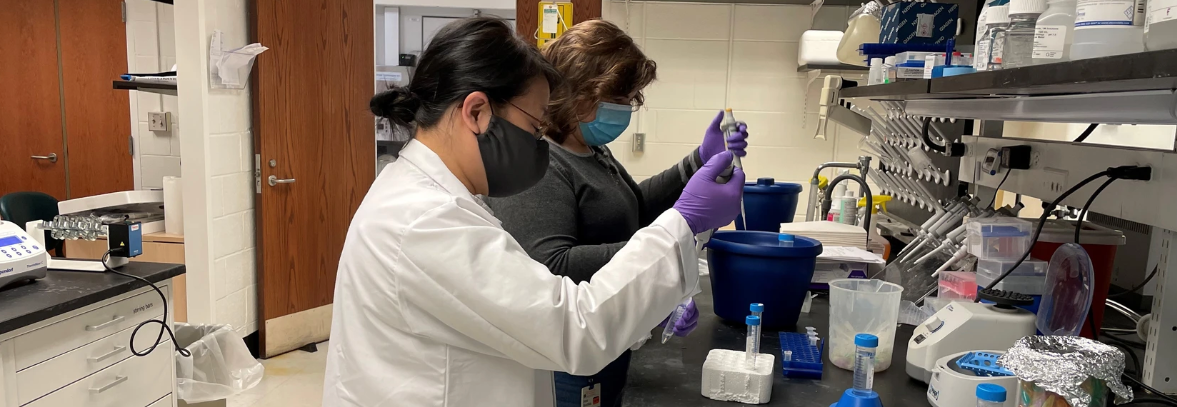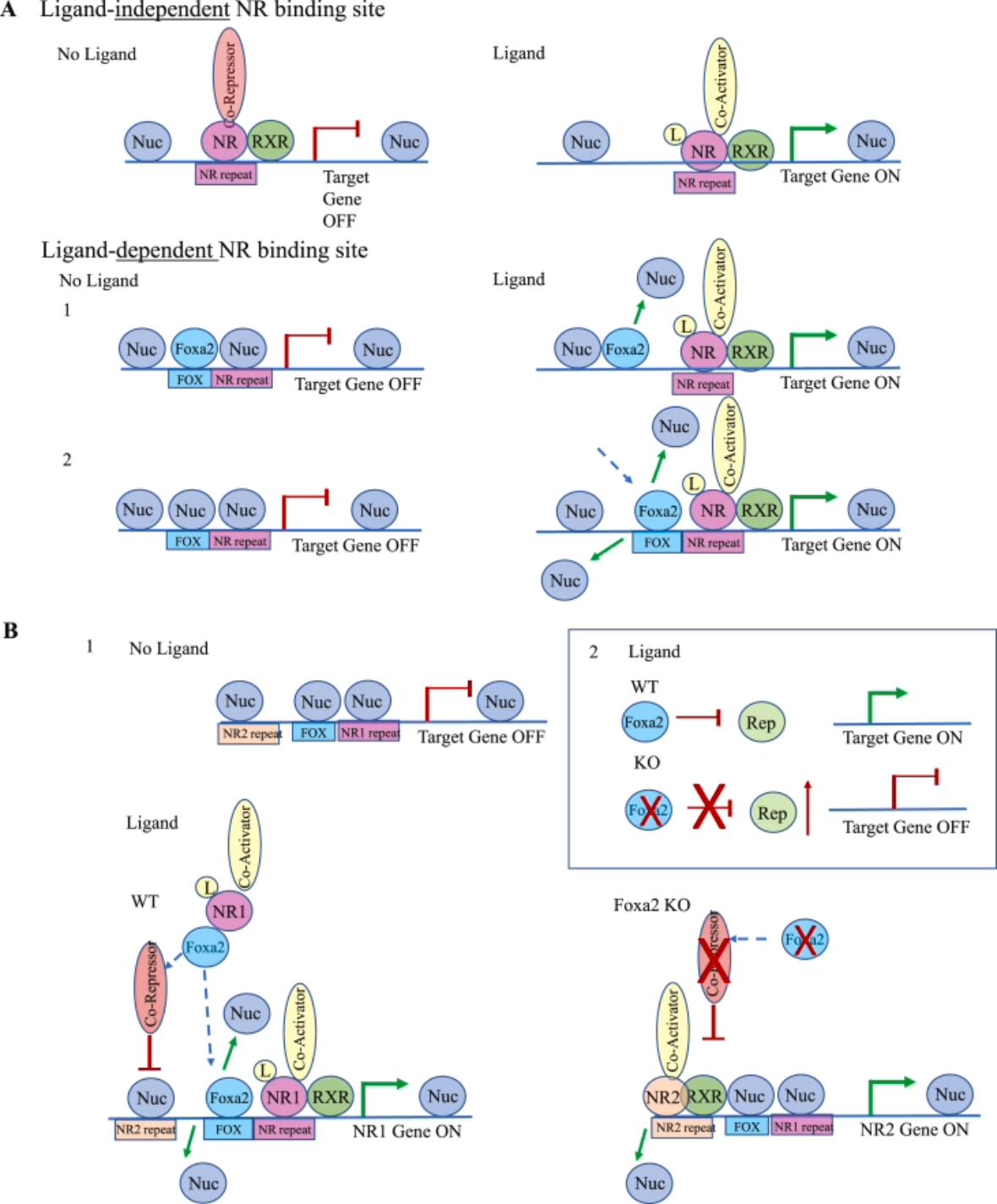-

Research
Our ongoing studies are investigating how cellular processes govern proper metabolic function and how abnormal physiology leads to metabolic disease.
-

-

Publications
Check out our latest publication: Pioneer Factor Foxa2 Mediates Chromatin Conformation Changes for Activation of Bile Acid Targets of FXR
About us
Our laboratory applies experimental and computational methods to identify genetic and epigenetic mechanisms regulating metabolism. We are focusing on understanding how genome-wide chromatin changes, which include chromatin accessibility, nuclear localization and dynamics, and genome organization, lead to physiological dysfunction. Our laboratory utilizes functional genomics, chromatin biology, physiology, and transcriptional regulation in a comprehensive approach to decipher molecular mechanisms in mammalian models of human metabolic disease.

Research Specialties
Our laboratory is utilizing experimental and computational methods to understand genetics and epigenetic mechanisms regulating metabolism. We are applying a systems approach to focus on genome-side chromatin changes, which include chromatin accessibility, nuclear localization & dynamics, and genome organization, underlying physiological dysfunction. Current projects in the lab include studying the role of pioneer factor Foxa2 in modulating chromatin accessibility for ligand-dependent activation of nuclear receptors (Project 1), investigating regulation of heterochromatin at the nuclear lamina in metabolic disease (Project 2), and pursuing novel regulators of liver metabolism (Project 3).
